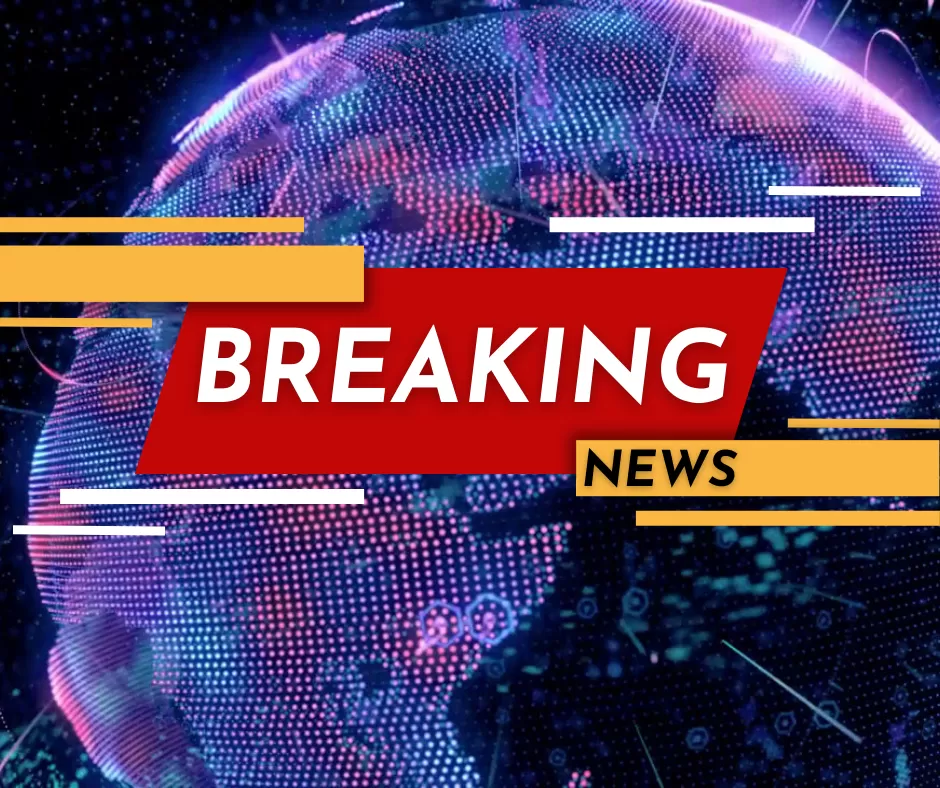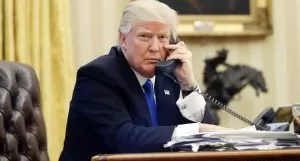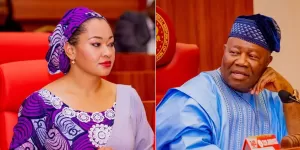Ivory Coast President Debunks Coup Attempt Rumors Amid Political Tensions

Abidjan, Ivory Coast – On May 22, 2025, the Ivorian presidency swiftly moved to dispel widespread rumors of a military coup in the country, particularly in the economic capital, Abidjan. Social media platforms, including X, were flooded with unverified reports claiming that President Alassane Ouattara was missing, arrested, or even deceased following alleged gunfire and military unrest. These claims sparked significant concern among Ivorians and the international community, but official statements and credible reports have confirmed that no such coup took place, and the government remains firmly in control.
The rumors began circulating late on May 21, 2025, with posts on X alleging that heavy gunfire had been heard in Abidjan and that the military had seized power. Some unverified sources claimed that Ouattara, who has been in office since 2010, was either detained or had fled the country. Others went as far as alleging the death of the Chief of Army Staff and reporting 33 fatalities in supposed clashes. These claims were amplified by the political uncertainty surrounding the upcoming October 2025 presidential election and the recent withdrawal of French forces from Ivory Coast in December 2024, which some speculated had left a security vacuum.
In response, the Ivorian presidency issued a statement on May 22, 2025, categorically denying the coup allegations. To reinforce the message, the government released images and videos showing President Ouattara chairing a cabinet meeting at the presidential palace in Abidjan on May 21, 2025. The meeting focused on critical national issues, including electricity diversification, housing development, and infrastructure projects, signaling business as usual. The presidency urged citizens to remain calm and disregard misinformation spreading online.
Fact-checking organizations, including Africa Check and local media outlets, quickly debunked viral videos and posts claiming a military takeover. These videos, some of which were shared widely on X, were found to be either outdated or unrelated to current events in Ivory Coast. No credible evidence supported the claims of gunfire, military unrest, or casualties. Major international news outlets, including BBC, Reuters, and BusinessDay NG, corroborated the government’s account, confirming that Ouattara remains in power and that the situation in Abidjan is stable.
The spread of these rumors comes at a sensitive time for Ivory Coast, a West African nation known for its economic growth but also its history of political volatility. The country experienced coups and civil conflicts in the early 2000s, and the upcoming 2025 election has heightened tensions, particularly as Ouattara’s potential decision to run for a fourth term remains a point of contention. Critics argue that his extended tenure, enabled by constitutional changes in 2016 and 2020, has strained democratic norms. Supporters, however, credit him with stabilizing the economy and driving development.
The withdrawal of French troops in December 2024, part of France’s broader military drawdown in West Africa, has also fueled speculation about Ivory Coast’s security. Some analysts suggest that the absence of French forces, which had been stationed in the country for decades, may have emboldened rumor-mongers to exploit fears of instability. However, the Ivorian military and police have maintained control, and no verified reports of unrest have emerged.
This incident underscores the growing challenge of misinformation in the digital age, particularly in politically charged environments. Social media platforms like X have become battlegrounds for narratives that can destabilize public confidence if left unchecked. The Ivorian government has called on citizens to rely on official sources for information and has hinted at potential measures to curb the spread of false news.
As Ivory Coast moves closer to the 2025 election, the debunking of this coup attempt serves as a reminder of the fragility of political stability in the region and the importance of vigilance against misinformation. For now, President Ouattara and his administration continue to govern, with Abidjan returning to its usual rhythm as a bustling economic hub. The international community, including regional bodies like ECOWAS, has expressed support for the government’s efforts to maintain order and urged calm as the country prepares for its next democratic milestone.







